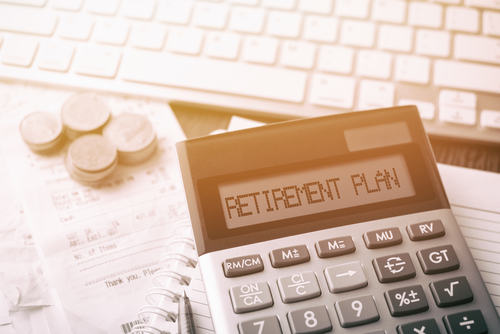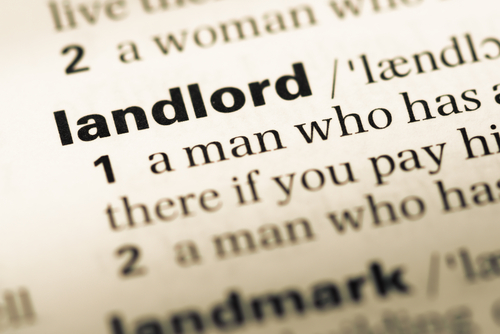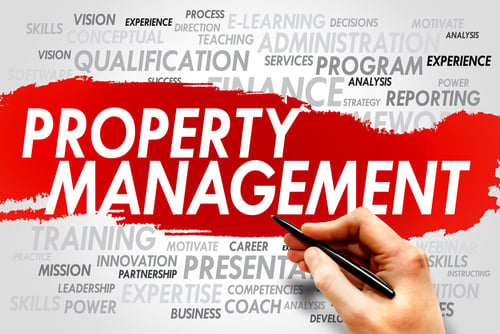
When done correctly, rental property investments can be a profitable avenue for anyone to explore. In fact, using rental properties to fund your retirement has proven to be an excellent option for some people. However, investing in real estate takes a lot of time, money, and effort. So, if you’re interested in learning how to fund your retirement with investment properties, just keep reading.
What Makes Rental Businesses Profitable?
Most people know that investing in rental properties can be highly lucrative. But, what makes it a successful business venture? Let’s look at some of the main factors that make rental property investing profitable.
- Appreciation
- Steady Income
- Tax Benefits
Appreciation
When you buy real estate, it appreciates over time. Appreciation is the increasing value of a property over time. The rising value of property leads to more equity and raises the dollar amount of your home. That said, many things affect home appreciation, such as the current housing market, the location of the property, and interest rate trends.
Steady Income
Having a rental business is a great way to make a steady income. When you are a landlord, you set the rental rates for each property, thus determining your monthly income. However, you must have tenants living in your properties to make a decent income. When all of your properties are occupied, you receive income from each of them.
Tax Benefits
Although purchasing a rental property is a sizeable immediate expense, the following tax benefits often make it worth it. First, when you have a rental business, you can deduct certain expenses, such as mortgage interest, property taxes, and necessary home improvements.
Is It Possible to Fund Your Retirement With Investment Properties?

Most people work hard for their entire lives to save up and budget for their retirement. This can be a daunting or stressful thought, especially if you don’t have established savings or expendable income. So, is it possible to fund your retirement with investment properties?
Yes! It is possible to use your rental business to save for retirement. However, it’s not for everyone. That said, investing in rental properties takes a bit of knowledge of the real estate market, starting capital, and patience through the process.
Keep reading as we go over a few points to think about before using rental properties to fund your retirement.
Are Rental Investments Right for Your Retirement Plan?
As stated above, using rental investments to fund your retirement is not for everyone. Before you take action, there are several things to think about. Here are a few questions you must ask yourself before you dive into the world of real estate investing.
When Do You Plan to Retire?
Sometimes, a rental property takes a few years to see significant income. Depending on what location you choose for your investment, your income will vary according to the rental market.
If you invest in an area that allows you to set competitive rental rates that are higher than average, you’ll see greater returns. However, if you own rentals in lower-income neighborhoods, you may not see a considerable profit for a couple of years.
So, if you plan to retire within the next 5-10 years, it’s a great time to start investing and saving. However, if you are looking to retire within the next couple of years, it’s wise to explore more than just real estate to fund your retirement.
Do You Have the Means to Fund Your Properties?
To fund your retirement with investment properties, you have to have the capital to purchase them in the first place. Most banks expect a 25% down payment for investment properties and expect to see a solid income history or a well-established savings account.
Unfortunately, many middle-class workers don’t have the cash readily available to purchase rental properties to fund their retirement. That said, it’s not a very wise decision to go above your means to buy real estate.
So, before you consider taking this route to fund your retirement, consider your current finances and contact an advisor if you have questions.
Can You Cover Repairs, Taxes, and Other Fees?
You may think that once you purchase your rental property, you’ve already made your biggest purchase. However, that’s not always the case. Many properties require repairs and renovations over time or become quickly damaged from tenants’ wear and tear. Whether you own one or many, fixing up your rentals can be a significant expense. So, prospective landlords must consider these significant expenses before making the initial investment.
Similarly, you must pay taxes on your rental property, which can be another significant expense if you don’t think about it beforehand. Finally, when you own rental properties, fees pop up all the time. For example, some of the most common costs include HOA fees, management fees, and more.
If you don’t have the means to cover the repairs, taxes, and fees associated with your rental, you may want to reconsider.
Do You Have What it Takes to Be a Landlord?
Once you own a rental property and find tenants for occupying your home, you become a landlord. Being a landlord is inevitably a ton of work and can quickly become a full-time job, which is not the goal after retirement. After all, you have to think about maintenance, repairs, tenant screening, rent collection, lease construction, and much more.
If you hire a property management team, you don’t have to worry about all the tedious tasks of owning rental property. However, you will have another monthly fee. Luckily, a reputable company like Bay Property Management Group can handle all the day-to-day duties of your rental property at a reasonable monthly rate.
Are There Cons When You Fund Your Retirement With Investment Properties?
Like any situation in life, you may run into some cons when you fund your retirement with investment properties. Here are a few of the most common downsides to real estate investments.
- You Need Capital to Start
- Investing Takes a Lot of Time, Work, and Patience
- Rental Income Can Vary Each Month
You Need Capital to Start
As we’ve stated above, to create income from your investment properties, you must have the necessary capital, to begin with. If you don’t have the money to fund your rental fully, it’s most likely not going to generate income for you in the long run.
Investing Takes a Lot of Time and Work
Most investors are undeniably very busy people, especially landlords. In order to create a profitable real estate investment, your property must be updated, compliant with building codes, and desirable to prospective renters. That means that you may have to complete some renovations, purchase modern appliances, and market your properties correctly.
Unfortunately, these things don’t typically just happen in a day or two. Some renovations can take weeks or months, leaving you without rental income from tenants over that time. So, if you plan to invest in rental properties, you have to prepare for months without much rental income.
Rental Income Can Vary Each Month
To profit from your rentals, you have to keep them occupied with tenants. If you are having a hard time finding tenants or experiencing high tenant turnover rates, it’s hard to keep a steady income. Most landlords know that income isn’t always guaranteed, so it’s wise to plan for vacant properties and low-income months.
Need Help Managing Your Rental Properties?
Once you consider all the factors of real estate, you can start to plan out how you will fund your retirement with investment properties. Most landlords that own multiple properties want to streamline their business with a trusted rental property management company. After all, who wants to deal with the hassle of managing multiple properties all on their own.
Luckily, with Bay Property Management Group, you don’t have to. We’ve got all your day-to-day tasks covered, including tenant screening, maintenance requests, rent collection, eviction services, and more. Our full-service leasing team is qualified and eager to help your rental business succeed.
Contact us today to learn more if you have rental properties that need top-notch management services in Baltimore, Philadelphia, Northern Virginia, or Washington D.C.


